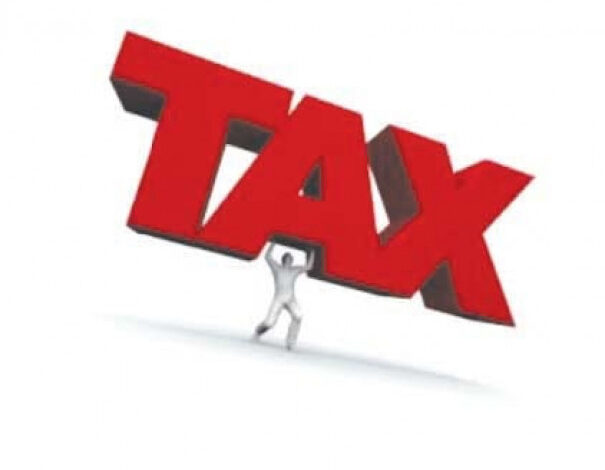The government restricts taxmen’s power.

Following the outcry from citizens and businesspeople, the federal government on Monday agreed to simplify the income tax on cash-on-delivery of items at home and drastically restrict the proposed powers for arresting executives.
After Prime Minister Shehbaz Sharif stepped in to address public concerns over granting subordinate tax inspectors the authority to arrest businessmen, the decisions were made.
However, the National Assembly Standing Committee on Finance, which made these judgments public, resisted giving tax officers permission to enter business locations in income tax investigations and to exchange taxpayer data with banks. The committee meeting was led by Syed Naveed Qamar of the PPP.
During the standing committee meeting on Monday, Finance Minister Muhammad Aurangzeb stated that the prime minister presided over a meeting and resolved to implement measures to restrict the Federal Board of Revenue’s (FBR) arresting authority.
In the budget, the administration suggested granting the FBR the power to make arrests in tax fraud cases without a magistrate’s arrest warrant. Alarms were raised nationwide by this.
MNA Sharmila Faruqui criticized the FBR’s authorization to exchange taxpayer data with commercial banks and stated that another NAB in the form of the FBR could not be permitted.
As the meeting’s chair, PM Sharif stated that the power to arrest individuals for tax fraud should only be granted in situations involving significant sums of money.
Rashid Langrial, the chairman of the FBR, stated that new measures would be implemented to restrict the use of these powers. According to him, an individual could only be taken into custody if they attempted to flee the nation.
Another protection states that if the individual tampers with the evidence or fails to show up for the FBR after three reminders have been sent, he may be detained. According to the FBR chairman, an executive could be detained for tax fraud involving substantial sums, probably above Rs50 million.
In place of the existing plan to grant authority to a subordinate officer, Langrial noted, a special FBR board consisting of three members would authorize the arrest of an executive.
The standing committee opposed taxes on cash-on-delivery of products while examining the budget. The government has proposed 0.25% to 2% income tax on cash-on-delivery of goods.